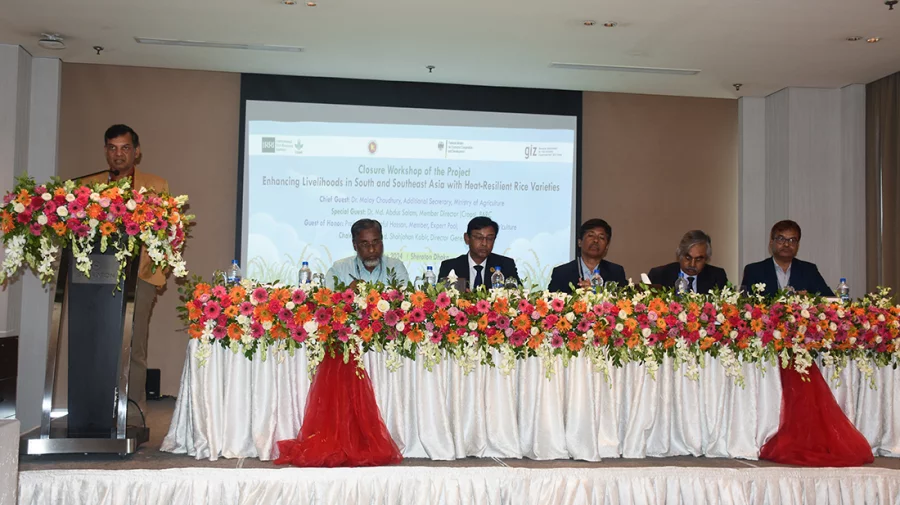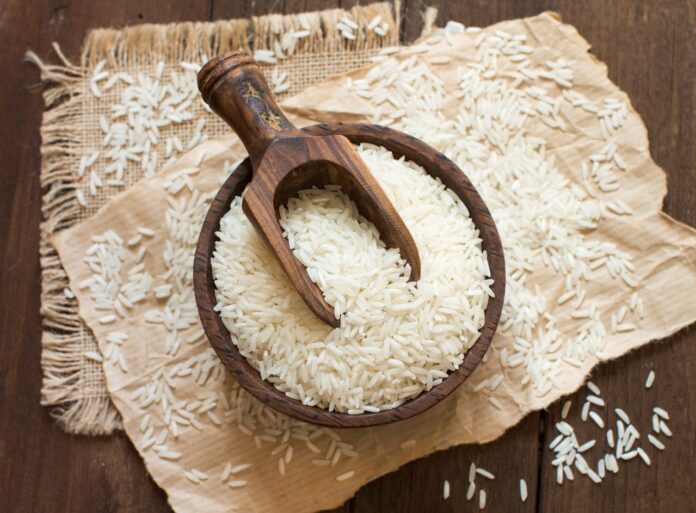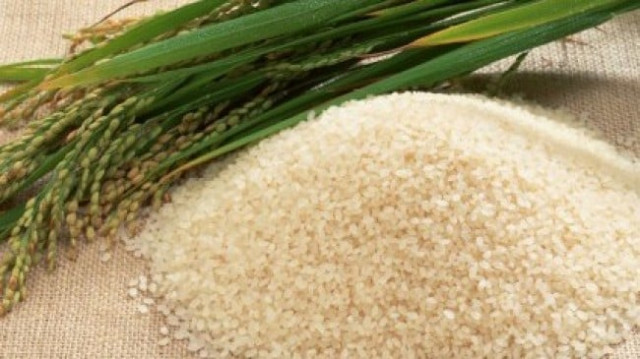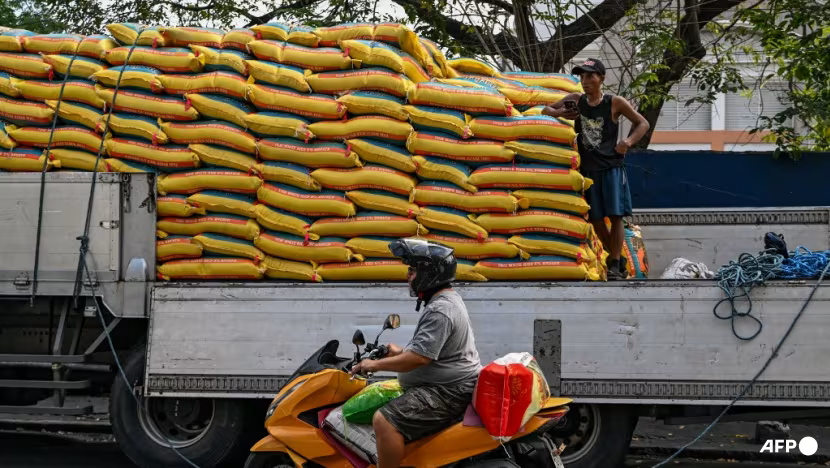Tags
Innovative heat-resistant rice varieties promise higher yields for Bangladeshi farmers
60 stakeholders gathered to share the project’s results and findings

Dr Nese Sreenivasulu, Research Unit Leader-Consumer-driven Grain Quality and Nutrition, and BMZ Heat Project Lead from IRRI speaks at a workshop in Dhaka on Tuesday, June 25, 2024. Photo: Courtesy
In a groundbreaking effort to combat the adverse effects of climate change on agriculture, the International Rice Research Institute (IRRI) and Bangladesh Rice Research Institute (BRRI), with funding from the Federal Ministry for Economic Cooperation and Development (BMZ), have developed new heat-tolerant rice varieties.
This initiative aims to address the severe impact of rising temperatures on rice production in Bangladesh.
The five-year project, titled “Heat Resilient Varieties with Reduced Impact of Combined High Day and High Night Temperatures on Rice Productivity with Added Premium Grain Quality for Improving Livelihoods in South and Southeast Asia,” focuses on mitigating yield losses due to high night temperatures that disrupt the grain-filling process in rice plants.
This innovation is critical for sustaining rice production and improving food security in Bangladesh, where climate change poses a significant threat.
At the project’s closing ceremony, held at the Sheraton Dhaka, around 60 stakeholders, including researchers, government officials, and local farmers, gathered to share the project’s findings.
The event highlighted the project’s success in developing rice varieties that can thrive under high day and night temperatures, thus ensuring better yields and grain quality.
Dr Nese Sreenivasulu, Research Unit Leader of Consumer-driven Grain Quality and Nutrition and BMZ Heat Project Leader at IRRI, emphasized the project’s impact: “The trials have shown that the new rice lines can yield 1.5 to 2 tons more per hectare compared to traditional varieties, even under high night temperature conditions. These results were consistent over three years of testing, indicating the robustness of the heat-tolerant genes identified.”
The evaluation of 16 heat-tolerant rice lines was conducted in various regions of Bangladesh, including Lalpur, Gazipur, Dinajpur, Rajshahi, and Kushtia.
The trials assessed traits such as plant height, days to flowering, tiller numbers, fertility percentage, and yield under varying temperature conditions. Local stakeholders participated in the varietal selection trials, emphasizing the adaptability and performance of selected genotypes like IR18C1002, IR18C1004, and IR18C1005.
The BMZ Heat project conducted a comprehensive assessment in five different hotspots.
The study showed that these rice lines could adapt to varying day and night temperatures, ranging from 28 to 43 ˚C during the late Boro season trial in 2023, and 22 to 32˚C in the late Aus season of 2023.
This breakthrough demonstrated the resilience of specific high-temperature tolerant genotypes, such as IR154 and IR18C1005, and highlighted the adaptability of selected genotypes like IR18C IR1002 and IR18C IR1004 for stable performance and improved rice production in heat-prone regions.
Dr Md Shahjahan Kabir, Director General of BRRI, chaired the event and highlighted the project’s importance: “Bangladesh ranks 7th among the countries most affected by climate change. The impact is already significant and is expected to worsen over time, particularly affecting our agricultural output. Despite experiencing exceedingly high temperatures this year, we remain hopeful that with technological advancements and increased research, we can better prepare ourselves for these challenges.”
Dr Malay Choudhury, Additional Secretary, Extension Wing, Ministry of Agriculture, Bangladesh, and Chief Guest at the ceremony, underscored the need for further investment: “It is imperative for our country, as we have the potential to export products with our fertile soil. This project holds great promise for our nation, but it is essential to secure additional investment from the private sector and conduct further research.”
By involving local communities in health planning and delivery, the project aims to create more accountable and responsive health services.
This initiative not only enhances food security but also improves the livelihoods of smallholder farmers, making it a significant step forward in Bangladesh’s efforts to combat the challenges posed by climate change.
https://www.dhakatribune.com/bangladesh/agriculture/350281/heat-tolerant-rice-varieties-promise-increasedPublished Date: June 26, 2024






